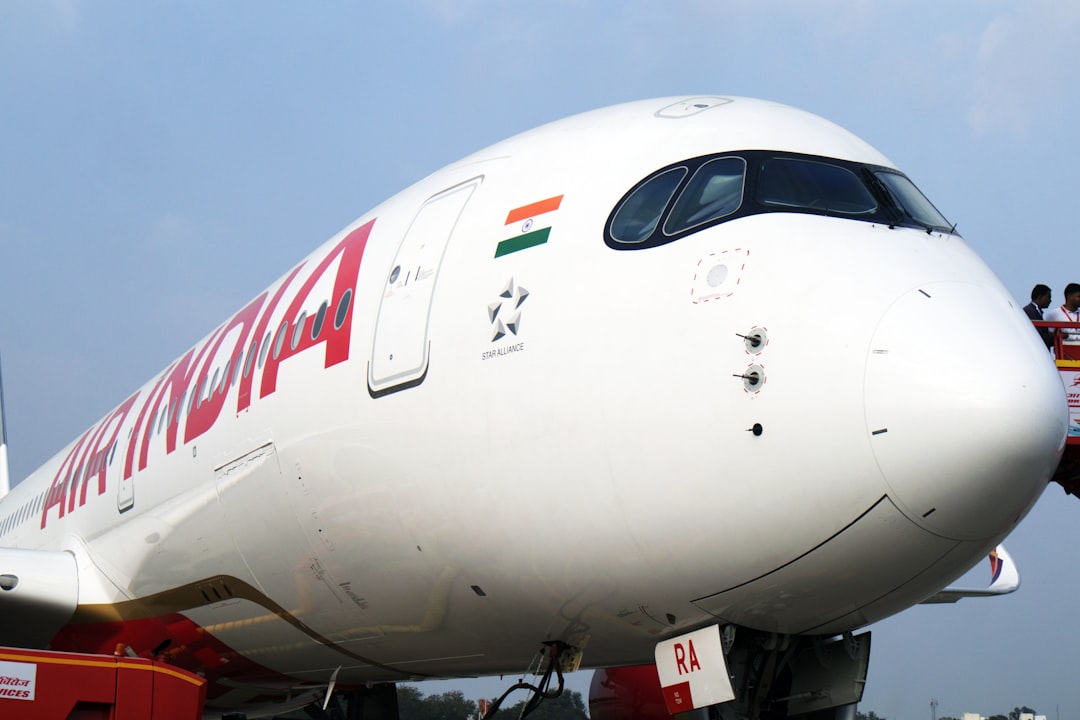Air India's Skipped Audit: What’s at Stake for India's Aviation Sector?
India’s booming aviation sector is often lauded as a global growth story, but the recent decision to cancel a scheduled Air India audit by the Directorate General of Civil Aviation (DGCA) signals an unsettling shift—one that goes beyond routine oversight. This move raises urgent questions about regulatory vigilance, corporate influence, and passenger safety in a rapidly expanding market.
Accountability vs. Expediency
Air India's transition from state control to Tata ownership was touted as a new era of reliability and competitiveness. However, the abrupt cancellation of its regulatory audit suggests an uncomfortable overlap between government priorities and private interests. Regular audits are not just formalities; they act as critical checks on operational, safety, and maintenance standards. Canceling such oversight, especially for the nation’s flagship carrier, risks undermining hard-earned public trust.
Spotlight on Safety: A Delicate Balance
| Key Concern | Potential Consequence |
|---|---|
| Lack of audit transparency | Erodes regulatory credibility |
| Relaxed scrutiny | Compromises passenger safety |
| Short-term flexibility for the airline | Long-term risk to sector reputation |
While DGCA claims operational reasons or technical rescheduling may be at play, the absence of transparent communication invites speculation. In a country consistently hitting air traffic records, even the perception of lax oversight can have big implications.
Commercial Pressures and Public Interest
The intense, post-pandemic competition among Indian airlines has sharpened business priorities. Still, regulatory bodies exist primarily to protect the public, not to lubricate the operations of privatized giants.
“Aviation safety is only noticed when it fails. Preventive diligence is what keeps headlines positive.”
— Aviation Analyst, India
The Tata Factor and Global Implications
Tata’s takeover of Air India symbolized revival, but any privileged treatment could stoke resentment among competitors or unease with international partners. Globally, moves like this can dent India’s image as a transparent, rules-based market—ironically, just as the country seeks to attract more international investment.
The Bigger Picture
Worldwide, airlines periodically push back on “overbearing” audits, but successful markets find a balance. Recent events in other countries (like the FAA’s scrutiny of Boeing or EASA’s audit of Ryanair) show how rigorous, public oversight actually strengthens industry standards and reputation, rather than hindering growth.
| Pros of Canceling the Audit | Cons of Canceling the Audit |
|---|---|
| Quicker business operations | Risk to safety, public trust |
| Reduced operational delays | Perception of favoritism |
| Immediate cost savings | Long-term industry reputation |
Conclusion
An audit may seem bureaucratic, but for a flagship carrier in a globalizing market, it is an essential act of public accountability. If India aspires to world-class status, its regulators must prove that growth and oversight can coexist—not collide.
This article was inspired by the headline: 'India's aviation watchdog cancels planned Air India audit, sources say'.

Comments
No comments yet. Be the first to comment!